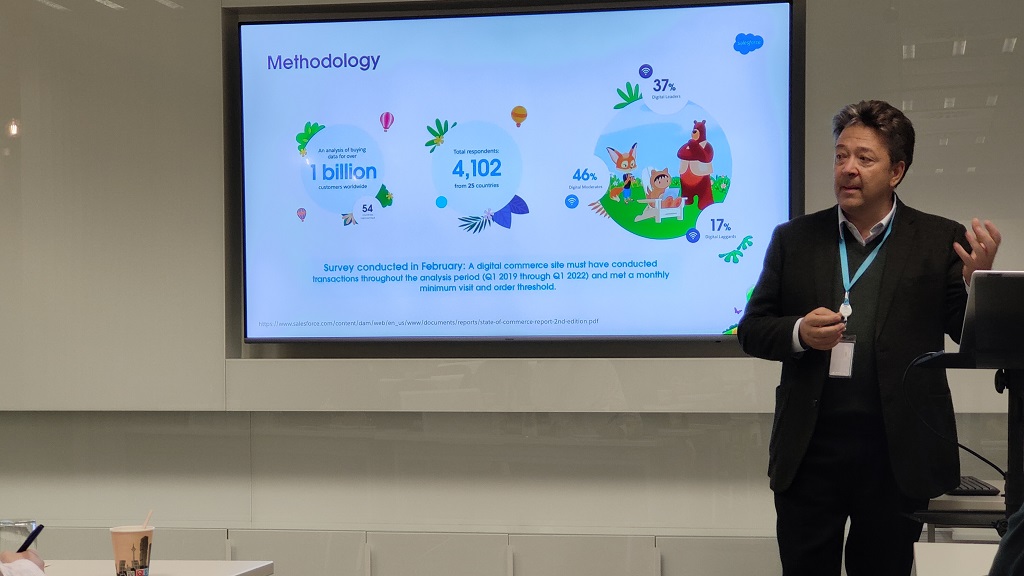
A global study on international business and technology leaders, prepared by ABB, has highlighted the relationship between digitization and sustainability.
The study, called Billions of better decisions: industrial transformation’s new imperative delves into the current adoption of the industrial Internet of Things (IoT) and its potential for improve energy efficiency, reduce greenhouse gas emissions and drive change. The objective of this new ABB study is to open, within the industry, the debate on the opportunities to take advantage of the industrial IoT and empower companies and workers to make better decisions that can have a positive impact on both their sustainability and their results. financial.
“Sustainability goals are increasingly a key driver of business value and reputation, and IoT solutions play an increasingly important role in helping corporations do business safely, smartly and sustainable”, declares Peter Terwiesch, president of ABB’s Process Automation business area. “Unraveling the valuable insights hidden in operational data is the key to enabling literally billions of better decisions across the industry and turning them into action with resulting significant gains in productivity, lower energy consumption and less environmental impact”.
The study commissioned by ABB revealed that “future competitiveness” of an organization, cited by 46 percent of respondents, is the quintessential factor driving industrial companies to pay more attention to sustainability. And, despite the fact that 96 percent of these decision-makers from around the world considered digitization as “essential for sustainability”, only 35 percent of the companies surveyed have implemented industrial IoT solutions on a large scale.
This gap makes it clear that while many of today’s industry leaders recognize the crucial relationship between digitization and sustainability, it is necessary accelerate the adoption of digital solutions to enable better decision-making and achieve sustainability goals in sectors such as manufacturing, energy, buildings and transportation.
Other Key Study Findings
- 71% of respondents indicated that they placed higher priority on sustainability goals due to the pandemic.
- 72% said they were “slightly” or “significantly” increasing spending on Industrial IoT for sustainability reasons.
- 94% of respondents agreed that Industrial IoT “enables better decisions and improves overall sustainability.”
- 57% of respondents indicated that Industrial IoT had exerted a “significant positive influence” on operational decision-making.
- Perceived cybersecurity vulnerabilities are the first barrier to improving sustainability through industrial IoT infrastructure.
Safe bets within the industrial IoT
Bearing in mind that 63% of the executives surveyed clearly believed that sustainability positively influences financial results of their company and that 58 percent also strongly believed that it brings immediate business value, it is unquestionable that the sustainability and traditional priorities of Industry 4.0 efforts (speed, innovation, productivity, efficiency, customer focus) are increasingly intertwined and thus open opportunities to boost efficiency and productivity that do not leave behind the fight against climate change and are, therefore, a safe bet for companies.
“The International Energy Agency estimates that industry is responsible for more than 40 percent of global greenhouse gas emissions today.”, explains Terwiesch. “If we are to achieve climate goals such as the UN Sustainable Development Goals and the Paris Agreement, industrial organizations must integrate digital solutions into their sustainability strategies. Adopting these technologies at all levels, from the boardroom to the plant facility, is critical because each and every member of the industrial workforce has the potential to make better decisions when it comes to sustainability.”.



